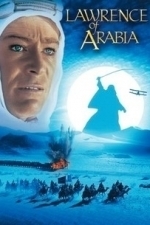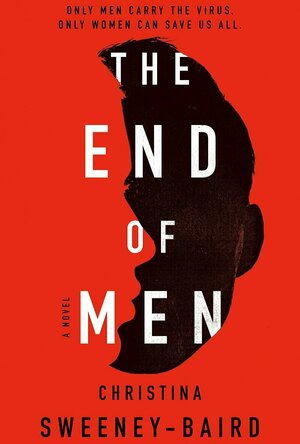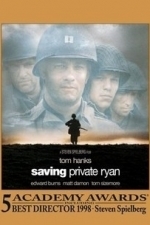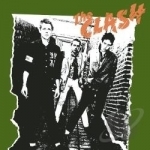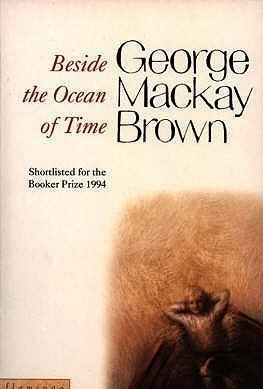Antonio Banderas recommended Lawrence of Arabia (1962) in Movies (curated)
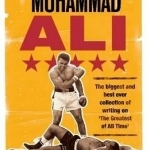
The Mammoth Book of Muhammad Ali
Book
From his gold medal at the 1960 Olympic Games to his defeat of Sonny Liston to claim the world...
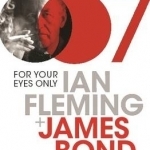
For Your Eyes Only: Ian Fleming and James Bond
Book
'I am going to write the spy story to end all spy stories' One morning in February 1952, a...
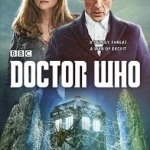
Doctor Who: The Crawling Terror (12th Doctor Novel)
Book
"Well, I doubt you'll ever see a bigger insect." Gabby Nichols is putting her son to bed when she...
ClareR (6054 KP) rated The End of Men in Books
Jun 8, 2021
This is told from multiple perspectives. There are mostly recurring characters, such as Dr Maclean, some scientists, the anthropologist, intelligence and government types, interspersed with ‘ordinary’ people who were also affected and lost friends and family. We see perspectives from all over the world. The voices of these people all seem so real: their pain, confusion and determination coming through in their own voices, as their stories are all told in journal form.
The End of Men had pretty much the same effect on me as World War Z: I was checking the news and the windows (just in case), completely preoccupied with the book whilst I was reading it, and I predictably experienced a stonking book-hangover when it ended.
This is science fiction for people who wouldn’t normally pick up science fiction (a bit like a gateway drug!). It reads like contemporary fiction - the here and now.
This novel had me on the edge of my seat and in tears - and a bit angry at times, truth be told. This doesn’t feel like you’re reading science-fiction, it has a tinge of the non-fiction about it. Perhaps that’s because of the times we’re living in...
Would I recommend it? You’d better believe I would!
RəX Regent (349 KP) rated Saving Private Ryan (1998) in Movies
Feb 25, 2019 (Updated Feb 25, 2019)
Winner of five Academy Awards, including Best Director for Spielberg, Best Cinematography, and Sound, which was astonishing, even by today's standards, it failed to win Best Picture, losing out to Shakespeare In Love. Shakespeare In Love! Don't get me wrong, it's a good film, but easily forgettable compared to Ryan, only proving yet again that if you touch upon the British monarchy you get Oscars.
The film is a fictional account of four brothers, all serving in the U.S. Army, three of which were killed in action on or around the D-Day landings. The fourth, James Ryan played by Matt Damon is somewhere in Europe, and Tom Hanks with his platoon are sent to bring him home, to spare his mother anymore heartache.
Tom Hanks, who was also snubbed at the 1998 Oscars for his perfect performance as Captain Miller, the everyman who was losing himself in the horrors of war, underplayed his role perfectly. He is believable on every level, emotionally, physically and has a sense of subtly with makes him of Hollywood's greats.
The action is visceral, gritty and horrifying. But never played for crass effect. Scenes of soldiers intestines spilling out, limbs flying a sunder and brutal killing left, right and centre are recreated for one purpose. To truly demonstrate the horrors of war, and to change our perceptions of the global conflict which had almost become a joke, a setting for gung- ho action films, where the Yanks reign supreme and single-handedly win the war.
This shows troops crying, hurting and making decisions which should not be made under any moral circumstances, but you understand why, whether you agree or not. There is no doubt that Spielberg is not innocent of making an American film, but it is about as even-handed as you might expect, with the exception of Tora! Tora! Tora! or The Longest Day.
So, the action is first-rate, graphic and perfectly toned to recreate to horror of the last century's greatest and most of destructive conflicts. But that's only half the story.
The other half is the talking, reminiscing and the almost sepia tone is more than a little cloying. The U.S. General's monologues, which seem to consist almost entirely of Lincoln quotations are overly sentimental, erring on the side of sloppy patriotism rather than Jingoism, which is hardly a bad thing but it isn't good either.
The civilian scenes, such as Mrs Ryan, washing a plate as she sees the car drive down to road to inform her of her sons deaths are so sentimental that they jar against the realism of the war scenes. It's not so much contrast as it is as extreme as black and white.
The action is obviously interspersed, as all war films are, with rest stops and moments of talking, pondering etc., but the scenes drag on too long and disrupt the tone of the film. On the other hand, the direction is brilliant when explaining the situations during and around the action, but Spielberg seemed to think that we needed these sloppy and often boring moments, such as The Church, and the outside the cafe in Ramelle, to express the emotional torment of the characters, but I think that these scenes are so boring and pointless that I' can hardly remember them, as my attention drifts off during them! But I do have an understanding of the soldiers, and this was achieved, quite adorably without these scenes.
Overall, this is a film of two halves if ever there was one. The battle scenes and the journey through war-torn France are brilliant, gritty and educational, but the scenes of American sentimentality are in danger of derailing the whole film. Many feel that is the best war film of all time. I do not agree, favouring Black Hawk Down over this, but I would be remiss if I didn't acknowledge that Blank Hawk Down owes a debt to Saving Private Ryan, by opening the door to the gritty war dramas of the naughties and to the style itself.
This film is on of the most important contributions to cinema ever, and has done so much to finally show to true nature of WWII and war in general. But even though I would rate this 10/10 if it was just for the war scenes, the slop just gets in the way and devalues what should have been perfection.
Bobby Gillespie recommended Clash by The Clash in Music (curated)
Eilidh G Clark (177 KP) rated Beside the Ocean of Time in Books
Jul 2, 2019
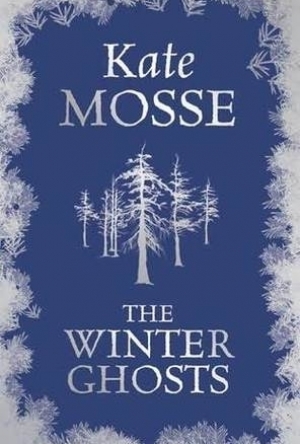
The Winter Ghosts
Book
In the winter of 1928, still seeking some kind of resolution to the horrors of World War I, Freddie...
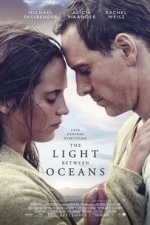
The Light Between Oceans (2016)
Movie Watch
Tom is a World War I veteran who maintains a lighthouse off the shore of Australia with his wife...
